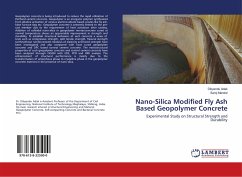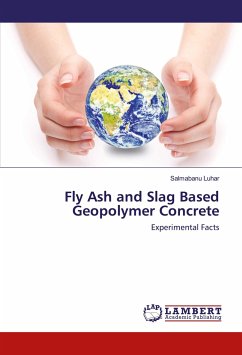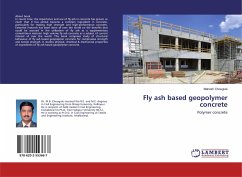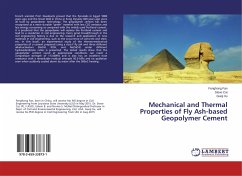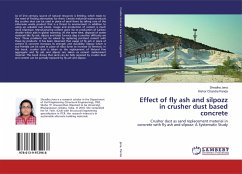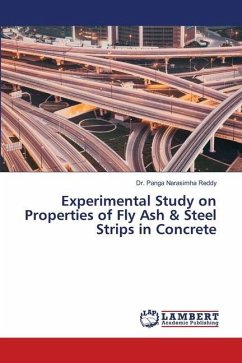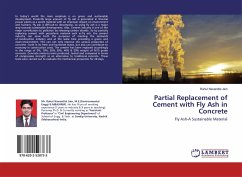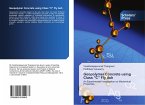Geopolymer concrete is being introduced to reduce the rapid utilization of Portland cement concrete. Geopolymer is an inorganic polymer synthesized from alkaline activation of various alumino-silicate based wastes like fly ash, blast furnace slag etc. Geopolymer concrete is presently limited to the pre-cast member due to the requirement of heat activation after casting. Addition of colloidal nano-silica in geopolymer mortar/concrete cured at normal temperature shows an appreciable improvement in strength and durability. To establish structural behaviors of such concrete a series of tests such as compressive strength, split tensile strength, flexural strength (with/without reinforcement) modulus of elasticity and bond strength have been investigated and also compared with heat cured geopolymer concrete and OPC based control cement concrete. The microstructural properties of such geopolymer concrete and control cement concrete have been analyzed through FESEM with EDS, FTIR and XRDanalysis. The enhancement of structural performance is mainly due to the transformation of amorphous phase to crystalline phase in the geopolymer concrete matrices in the presence of nano silica.
Bitte wählen Sie Ihr Anliegen aus.
Rechnungen
Retourenschein anfordern
Bestellstatus
Storno

